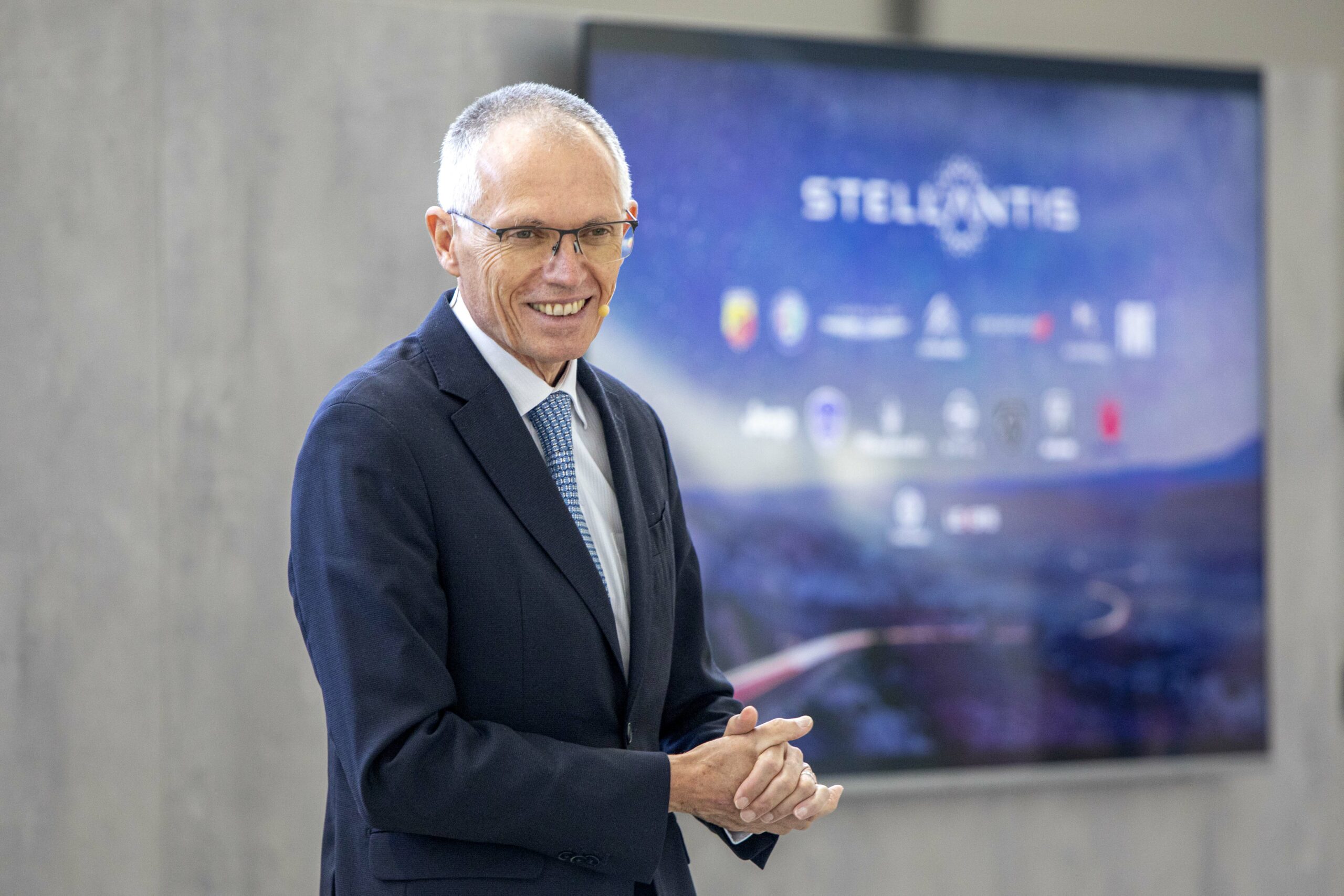All the Chinese crushes of Stellantis

Stellantis continues to review its joint ventures in China. After the termination with Gac, new make-up for the partnership with Dongfeng
While the Observatory's latest annual survey on Italian automotive components and mobility services , conducted on a sample of 470 companies and presented by Anfia and the Turin Chamber of Commerce, certifies that the web of industrial relations enmeshed around Fiat and the Italian car supply chain is less and less linked to the activities of Stellantis, the group led by Carlos Tavares continues to modify its presence in China.
CHINA (OF CARS) EVER CLOSER
A country which, again according to Anfia surveys, continues to worry the Italian automotive sector: 36% of companies in the supply chain perceive it as a threat and only 16% talk about opportunities to be seized while 48% say they are unable to “express an opinion, expressing uncertainty in evaluating the implications to date” for the European industry.
BYE BYE ITALY
One thing is certain: since the merger with PSA the former FCA is dissolving the contractual relationships that belonged to Fiat. According to the study, the share of companies that still have contracts with Stellantis and Iveco in just one year fell from 72.9% to 68.4% and the percentage of operators with a turnover of more than 50% linked to the two multinationals collapsed from 39.6% to 33.3%, while the weight of the average revenues generated by sales to the two manufacturers contracted from 40.7% to 35.5%.
WHAT IS STELLANTIS UP TO IN CHINA?
As for abroad, there is excitement for the Chinese activities of the group born in 2021 from the merger between PSA and FCA: in fact, in addition to having explored the feasibility of an agreement with Zhejiang Leapmotor Technologies , a startup of the Faw group and after the liquidation of the joint venture between Stellantis and Guangzhou Automobile Group Company, Carlos Tavares has now signed an agreement for the transfer of assets and assets of the joint venture Dpca (Dongfeng Peugeot Citroën Automobile) to the Chinese company, for a consideration of 1.714 billion yuan (around 221 million euros at the current exchange rate).
The transaction concerns some real estate rights on buildings and industrial facilities in Wuhan and Xiangyang currently used by DPCA (Dongfeng Peugeot Citroën Automobile) to produce Peugeot, Citroën and Fukang brand vehicles. At the same time, a leasing contract was signed with which Dongfeng will rent the purchased assets to the same DPCA for a period of ten years.
It would therefore appear that, having recognized the difficulties of other foreign groups well rooted in China, such as the Japanese and German manufacturers, Stellantis aims to dilute its presence in the territory, with Peugeot and Citroën cars destined for China and for export which, in based on the new formulation, they will be produced in factories belonging to Dongfeng Motors.
THE PARTNERSHIP COUPON
However, there will not be the resolution of the relationship seen with Gac. Indeed, the joint venture states that the two parties intend to "further deepen their cooperation" and "expand the export of vehicles and components" as a result of joint work. Stellantis and Dongfeng confirm their “commitment to the strategic collaboration agreement signed in 2019,” including the joint venture's current governance model and “constant support for the sustainable growth” of the joint venture.
DOES STELLANTIS PREFER THE USA THAN CHINA?
Some observers argue that the changes to the joint venture are a sign of Stellantis' desire to disengage from a market that is proving to be increasingly autarkic. According to this thesis, the Group's recent US moves should instead be read as meaning that Carlos Tavares is looking more and more towards the West and less and less towards the East.
It's not for sure. First of all, it is necessary to keep in mind that due to a law that Beijing has dismantled only in recent years, previously to produce in China it was necessary to establish joint ventures with similar companies. However, with the repeal of the law, many foreign players have decided to close them or in any case to subject local collaborations to powerful restyling to derive greater convenience from existing relationships.
This is a machine translation from Italian language of a post published on Start Magazine at the URL https://www.startmag.it/smartcity/stellantis-cina-jv/ on Tue, 24 Oct 2023 08:39:32 +0000.
